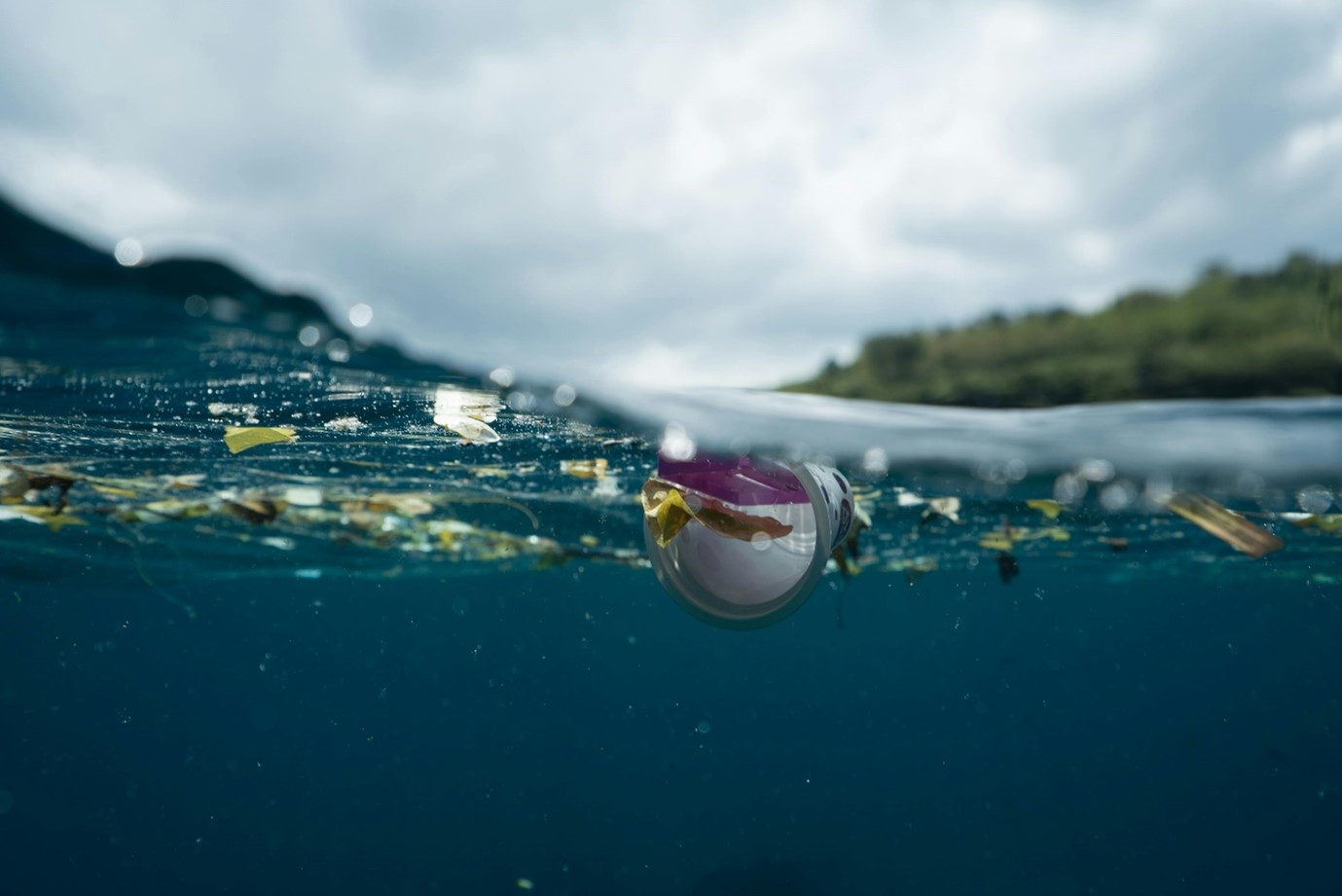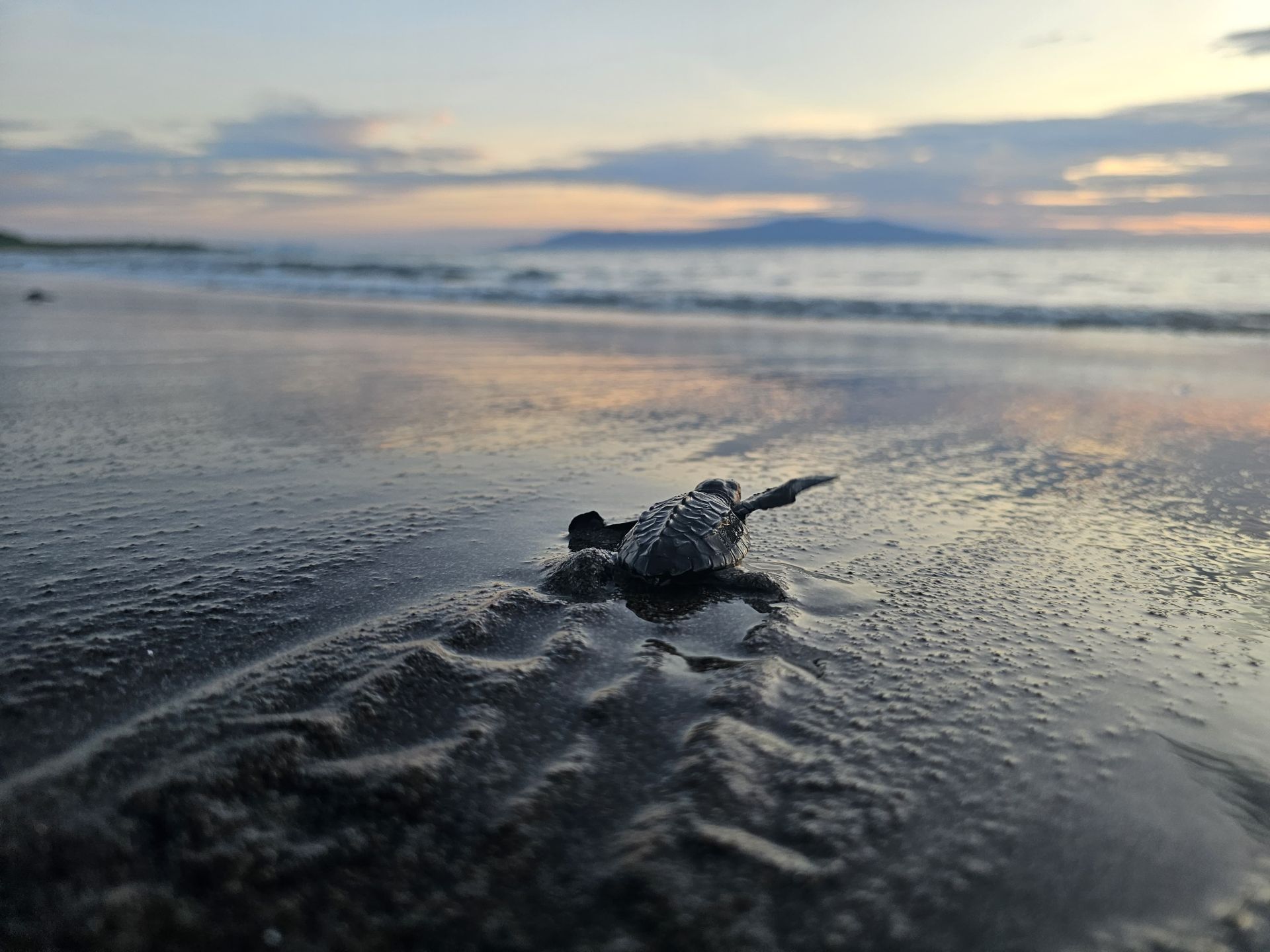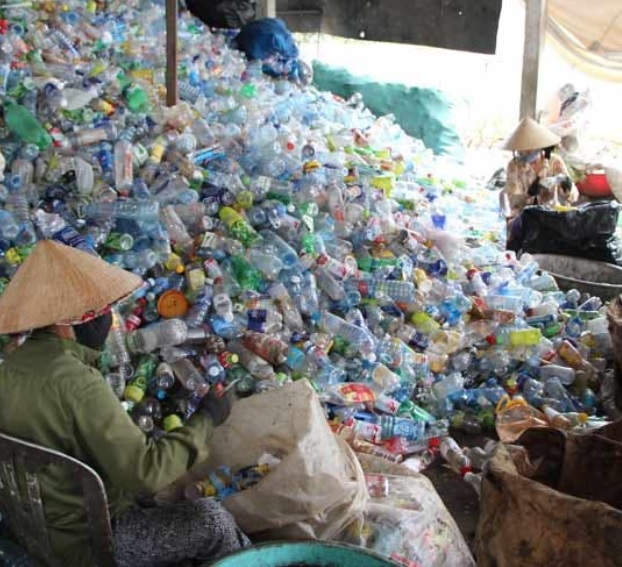New initiative promotes public-private collaboration for a just transition to a plastic circular economy in Central America
With support from the United States Department of State, the EPPIC international collaboration will be implemented in Costa Rica, Honduras, and Guatemala, to enable the transition to circular plastic economies.

San José, Costa Rica, July 18, 2024 (IUCN). San José, the capital of Costa Rica, served as the setting for the presentation of the End Plastic Pollution International Collaboration (EPPIC) initiative, aimed at significantly reducing the environmental impact of the use of plastics.
Global in scope, EPPIC will develop actions in Central America, Southeast Asia, and sub-Saharan Africa, with support from the United States Department of State.
Under the leadership of the International Union for Conservation of Nature (IUCN) and in partnership with The Ocean Foundation, Searious Business, and the Aspen Institute, EPPIC will focus on driving effective actions and solutions that promote a circular plastic economy through public-private collaboration.
The project complements the international efforts to establish a legally binding agreement on plastic pollution, which countries are aiming to finalize by the end of 2024. The fifth and final negotiating meeting is scheduled for November in Busan, Korea. In this regard, EPPIC will work closely with governments to develop national action plans that implement the future agreement.
In Central America, EPICC will be implemented in Costa Rica, Honduras, and Guatemala, through the IUCN Regional Office for Mexico, Central America, and the Caribbean (ORMACC).
In his speech, the advisor to the Vice Minister of Energy of the Ministry of Environment and Energy (MINAE), Pablo Bermúdez, stressed that the ministry plans to address plastic pollution, ensuring that it is integrated into energy and natural resource management processes, and that, under this integrated approach, leads to more efficient and sustainable management of resources, addressing environmental challenges more effectively.
During the opening of the launch event in Costa Rica, the IUCN Regional Director, Úrsula Parrilla, emphasized that “addressing the plastic crisis is addressing the climate and biodiversity crisis that humanity faces; hence the urgency of initiatives, such as EPPIC, that tackle this problem in a systemic way.”
In this regard, the Regional Environment Officer of the United States Embassy in Costa Rica, Iván Ríos, indicated that “EPPIC represents an exceptional opportunity for the public and private sectors to come together for the benefit of a cleaner and healthier planet for all.”
Regarding his country's contribution, he pointed out that “plastic pollution represents a threat to our waterways, our oceans, and the people and marine life that depend on these fragile ecosystems. As we have done in the past, the United States is acting domestically and abroad to address this threat.”
By strengthening policies, public awareness, and multi-sector participation, it is expected that the initiative will assist in improving the circularity of plastic throughout its life cycle and in preventing the release of its waste into the environment through science-based decision-making.
In this way, EPPIC will promote global alliances for innovation, investments, and solutions focused on the elimination and reuse of plastic, promoting the coordination of actions between governments, small and medium-sized businesses, and various civil society actors interested in the topic.
With the launch of EPPIC, knowledge is expected to increase globally about viable solutions that allow a transition towards circular approaches for plastic, political and regulatory frameworks will be strengthened, and technologies will be implemented through science-informed decision-making.
Representatives of the country's environmental authorities, the United States Department of State, and the United States Embassy, as well as projects and organizations, private sector, local communities, and academia that address the problem of pollution by plastics participated in the launch event in Costa Rica.



